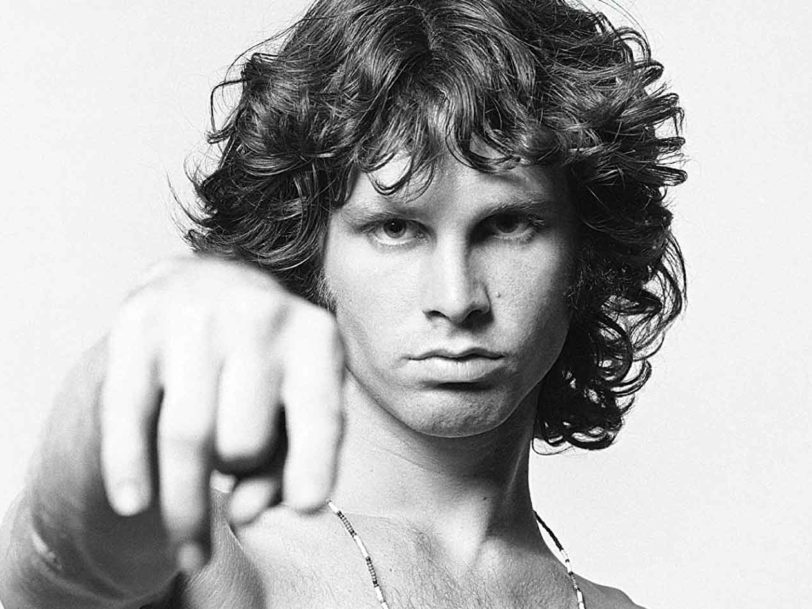It’s easy to fall back on clichés when discussing Jim Morrison’s enduring appeal. Arguably the poster boy of the late-60s counterculture, his dark, flowing mane of hair and leather-clad image exuded rock’n’roll cool, while his mysterious demise at the age of 27 ensured his immortality. Yet, while there’s no doubt The Doors’ frontman lived fast and died young, his rich artistic legacy continues to sustain his iconic reputation over half a century after his tragically premature death in Paris on 3 July 1971.
Listen to the best of The Doors here.
https://open.spotify.com/playlist/37i9dQZF1DX95gx8SY6DLX?si=d72c817caf1247b9
“It was poetry, with our version of rock’n’roll”: forming The Doors
In retrospect, there’s a certain irony that the self-styled Lizard King has attained such an exalted position in rock’s pantheon, as he wasn’t always an obvious fit for the role of superstar frontman. Born on 8 December 1943, Morrison gradually developed into a world-class performer, but he was (at least onstage) relatively quiet and shy when The Doors formed in 1965. Morrison’s boyhood love of Frank Sinatra informed his husky croon, but he wasn’t a musician and he never viewed himself as the band’s leader, even when fame and fortune came calling.
Unusually for a major rock outfit, The Doors were democratic to a fault, and all four band members realised they needed each other to make their music work. Like his bandmates, Morrison was a young music fan harbouring catholic tastes: his love of the blues is apparent in Doors songs such as Maggie M’Gill, Roadhouse Blues and their cover of John Lee Hooker’s Crawling King Snake, but he also considered The Beach Boys’ Brian Wilson a genius, and his affection for contemporary acts such as Arthur Lee’s Love was entirely mutual.




